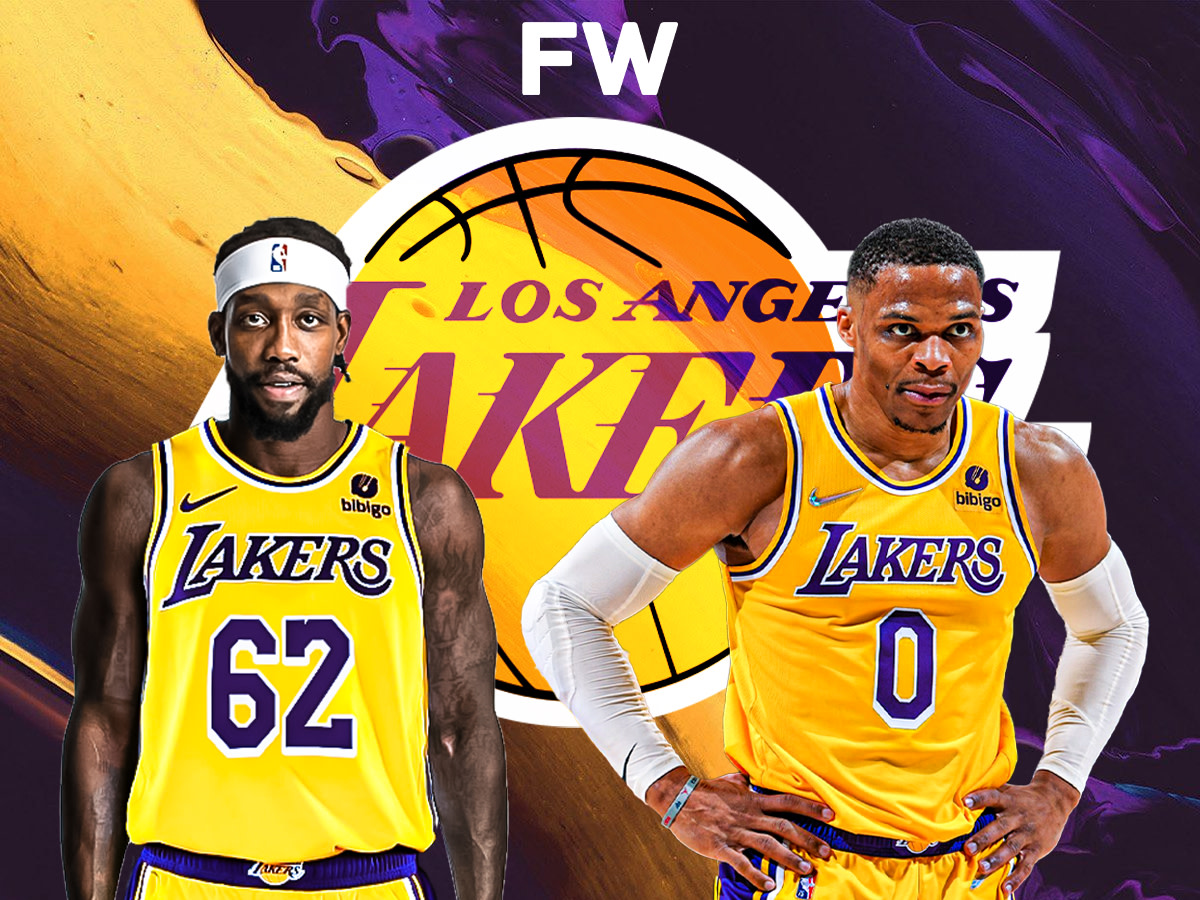Google's Ad Dominance Under Fire: Potential Breakup On The Horizon

Table of Contents
The Case Against Google's Ad Monopoly
Google's vast market share fuels concerns about its monopolistic practices in the digital advertising ecosystem. This dominance extends across multiple sectors, significantly impacting competition and innovation.
Market Share and Control
Google's overwhelming control is undeniable. Statistics reveal its commanding position in both search and display advertising:
- Search Advertising: Google holds over 80% of the global search advertising market share, a figure that has remained stubbornly high for years. This essentially means the vast majority of online searches funnel directly into Google's advertising network.
- Display Advertising: Google's dominance extends to display advertising through platforms like AdSense and Ad Manager, controlling a substantial portion of the market and giving it significant leverage over publishers and advertisers.
- Ad Tech Stack Control: Google possesses a near-complete vertical integration in the ad tech stack, owning key technologies across ad serving, ad exchanges, and ad measurement. This complete control gives it an unfair advantage over competitors who rely on Google's infrastructure.
- Impact on Smaller Competitors: This near-total control has stifled smaller competitors struggling to gain traction against Google's sheer scale and reach. Many smaller ad tech companies find it nearly impossible to compete effectively.
Anti-Competitive Practices
Beyond market share, allegations of anti-competitive practices further fuel the call for a Google breakup. These include:
- Self-Preferencing: Google is accused of prioritizing its own products and services in search results and its ad platforms, giving its own offerings an unfair advantage.
- Exclusionary Conduct: Allegations include excluding or disadvantaging competitors through restrictive contracts and practices, limiting their ability to compete effectively.
- Manipulation of Search Results: Claims suggest Google manipulates search results to favor its own services, further solidifying its dominance and limiting consumer choice.
- Ongoing Investigations: Multiple regulatory bodies, including the European Union and the US Department of Justice, are conducting ongoing investigations into Google's business practices, highlighting the seriousness of the concerns.
Stifling Innovation
Google's dominance poses a significant threat to innovation within the digital advertising landscape.
- Limited Alternatives: Advertisers have limited options beyond Google’s ecosystem, hindering the development of innovative advertising solutions and technologies.
- Data Privacy Concerns: Google's vast data collection practices have raised substantial concerns about consumer data privacy, a critical area requiring more robust competition and transparency.
- Struggling Innovators: Many promising ad tech startups struggle to gain a foothold due to Google’s insurmountable market share. This lack of competition prevents the development of potentially superior advertising technologies.
Potential Consequences of a Google Breakup
A forced breakup of Google's advertising business would have profound and multifaceted consequences.
Increased Competition
A breakup could lead to a more competitive digital advertising market:
- Opportunities for Smaller Players: Smaller advertising platforms and companies would have a greater opportunity to thrive and compete effectively.
- Diverse Advertising Solutions: Advertisers could gain access to a more diverse range of advertising solutions and technologies, offering more choice and potentially better results.
- Benefits for Publishers: Publishers could negotiate more favorable terms and gain better control over their ad inventory.
Impact on Advertisers
The impact on advertisers would be complex, with both potential benefits and challenges:
- Potential Rise in Ad Prices: Initially, a more fragmented market might lead to an increase in advertising costs as the existing Google monopoly artificially lowered prices.
- Need for New Strategies: Advertisers would need to develop new strategies for managing campaigns across multiple platforms and potentially adapt to different technological specifications.
- Increased Complexity: Managing campaigns across a more fragmented market will inevitably increase complexity for advertisers, requiring adjustments in their workflow and technologies.
Effects on Consumers
Consumers could also experience notable changes:
- Improved Search Results: Increased competition could lead to improved search result relevance and accuracy, as companies strive to offer superior search experiences.
- More Transparency: A more competitive landscape might encourage increased transparency regarding data usage and privacy practices.
- Better Products/Services: Increased competition generally fosters innovation, potentially leading to better and more varied products and services for consumers.
The Future of Digital Advertising Post-Breakup
A post-breakup scenario presents both opportunities and challenges for the digital advertising landscape.
A More Level Playing Field?
A breakup could lead to a more level playing field:
- Market Share Redistribution: We would likely see a redistribution of market share, with existing players and potentially new entrants gaining a larger portion of the market.
- Emergence of New Technologies: Innovation would likely accelerate as smaller companies have a better chance to compete and develop new technologies.
- Healthier Ecosystem: Overall, the digital advertising ecosystem could become healthier and more sustainable, less reliant on a single, dominant player.
Regulatory Challenges
However, navigating a post-breakup landscape would entail significant regulatory challenges:
- Antitrust Legislation: The complexities of antitrust legislation and its implementation could lead to prolonged legal battles and regulatory hurdles.
- Ensuring Fair Competition: Regulators would face the challenge of ensuring fair competition while preventing the emergence of new monopolies.
- Ongoing Scrutiny: The digital advertising industry would remain under intense scrutiny from regulatory bodies, requiring ongoing adaptation and compliance.
Conclusion
Google's dominance in digital advertising is under intense pressure. The potential for a breakup is a serious possibility with far-reaching implications for advertisers, consumers, and the entire online advertising ecosystem. While a breakup could potentially foster greater competition and innovation, it also presents considerable challenges in terms of market adjustments and regulatory complexities. The outcome will significantly shape the future of digital advertising. Stay informed about developments regarding Google's antitrust issues and the potential implications of a Google Ad dominance breakup to safeguard your interests in this ever-evolving market.

Featured Posts
-
 Canelo Alvarez Focused On Plant Dismissing Crawford Fight Talk
May 04, 2025
Canelo Alvarez Focused On Plant Dismissing Crawford Fight Talk
May 04, 2025 -
 Euphoria Star Sydney Sweeney Wears Wedding Dress Post Engagement Breakup
May 04, 2025
Euphoria Star Sydney Sweeney Wears Wedding Dress Post Engagement Breakup
May 04, 2025 -
 Ruling Partys Grip On Power Tested In Singapores Upcoming Election
May 04, 2025
Ruling Partys Grip On Power Tested In Singapores Upcoming Election
May 04, 2025 -
 Patrick Beverleys Westbrook Social Media Post Goes Viral Details And Reactions
May 04, 2025
Patrick Beverleys Westbrook Social Media Post Goes Viral Details And Reactions
May 04, 2025 -
 Full Ufc Schedule For May 2025 Including Ufc 315 Details
May 04, 2025
Full Ufc Schedule For May 2025 Including Ufc 315 Details
May 04, 2025
